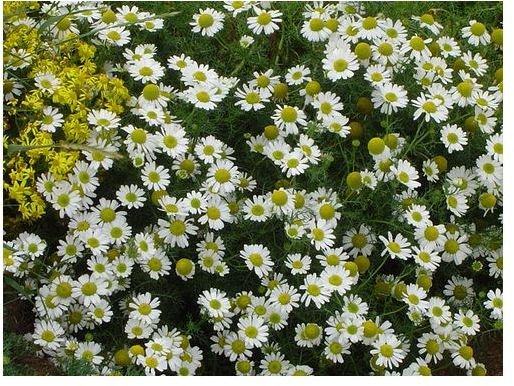Helpful Herbs for PMS
What Is Premenstrual Syndrome?
Premenstrual syndrome, or PMS, is a series of symptoms which women experience one to two weeks before their menstrual cycle. At one point it was considered psychological, but today we understand that PMS is a physical ailment, primarily due to a shift in hormones. The majority of women face some level of this disease, whether it be a mild or extreme case. For about five percent of women, the symptoms are so severe that they cannot participate in normal daily activities; and, for about one third of women, PMS simply makes life more difficult.
There is no one exact cause that can be pinpointed and remedied for PMS prevention. It seems that there may be a number of factors, which affect women in different ways, depending on their state of health and balance. The foundation for the symptoms is the hormonal imbalance of estrogen and progesterone. Factors such as diet, nutritional deficiencies, unstable blood sugar, and stress play a role as well in contributing to the more than one hundred and fifty PMS symptoms. Common problems that women face include skin problems, bloating and water retention, back pain, menstrual cramps, mood swings, anxiety, depression, and angry, even violent episodes. Herbs for PMS can safely be used to address many of these problems.
Helpful Herbs for Tension
Some herbs are specifically suited for the psychological impacts of premenstrual syndrome — the anxiety and nervousness, the moodiness, and unstable emotions. They play a key role in PMS prevention because they can tone and relax the nervous system, which in turn helps to relieve some of the physical symptoms.
Valerian, oatstraw, and kava kava are useful herbs for stress related to the menstrual cycle. Even one cup will help to relieve tension and calm the mind. Kava kava also has antispasmodic properties, which will help with cramping. Any one of these herbs can be drunk one to three times daily. Chaste tree is beneficial in the long-term, as this herb helps to normalize estrogen and progesterone activity by stimulating pituitary gland functions. Drink up to three cups of chaste tree tea a day for two to three months to remedy the emotional upheavals related to PMS. Wild yam extract is known to help normalize the female hormones and minimize symtoms. It has phytonutrients which act as a natural progesterone in the body.
Helpful Herbs for Discomfort
Menstrual cramping can be extremely painful, lasting for hours, if not days, but there are herbs which can help. For the most potent effect, drink an infusion of one or more of these herbs for at least two weeks prior to PMS. Red raspberry leaf is a nourishing antispasmodic and uterine tonic. Chamomile has antispasmodic properties, as well as mild sedative properties, and it is a source of calcium. Calcium deficiencies are often linked with PMS. Cramp bark and angelica root can also be used to prevent cramping. For water retention and bloating, a natural diuretic such as dandelion can be used. Ginger tea is helpful for back pain as it is a warming herb.
If one of the herbs for PMS does not work, another may; find out what is most effective for you. Also, a healthy diet and moderate exercise should be a part of PMS prevention.
Sources:
Balch, Phyllis A. “Prescription for Nutritional Healing.” Fourth Edition (Penguin Books, 2006).
Hoffmann, David. “The Complete Illustrated Holistic Herbal: A Safe and Practical Guide to Making and Using Herbal Remedies.” (Element Books, 1996).
Page, Linda. “Healing Healing: A Guide to Self-Healing for Everyone.” Eleventh Edition (Traditional Wisdom, 2003).
photo credit: Eggybird
Disclaimer
Please read this disclaimer regarding the information contained within this article.
